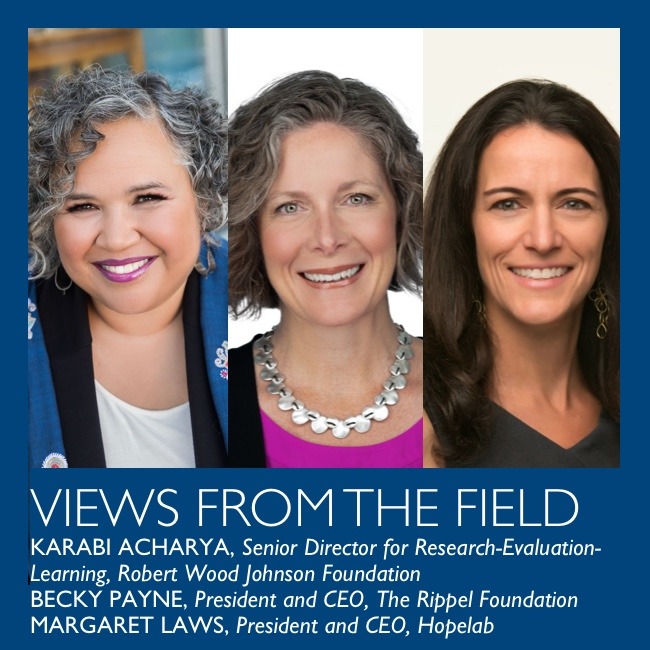Georgia Health Initiative: September 2025
A new report, “Progress Towards Vitality: A 10-Year Retrospective Analysis of Systems Focused Efforts to Improve Maternal Health in Georgia,” analyzes a subset of recommendations put forward by the Georgia Maternal Mortality Review Committee (MMRC) and the Georgia House Study Committee on Maternal Mortality to improve maternal mental health in the state.
New York State Health Foundation RFP: October 2019
The New York State Health Foundation (NYSHealth) 2020 Special Projects Fund Request for Proposals (RFP) is now available.
Maine Health Access Foundation: October 2019
A data brief presents a statistical analysis of uninsured non-elderly adults age 18-64 with no children and lower incomes, the population newly eligible for MaineCare through expansion.
Philanthropy @ Work – Transitions – October 2019
The latest on transitions from the field.
Philanthropy @ Work – Grants and Programs – October 2019
The latest on grants and programs from the field.
Expanding Access—Mobile Health and Telehealth
In September, I delivered a keynote speech at the Annual Mobile Health Clinic Conference of the Mobile Healthcare Association, and the occasion was an opportunity for me to learn more about the contributions of mobile clinics to population health and the delivery of safety-net services.
Suicide in Older Adults: A Quiet Epidemic
There is a widespread and dangerous popular misconception that permeates our society that aging and despair—and even depression—go hand in hand. One of the most drastic consequences of such marginalization is the resultant isolation and feelings of burdensomeness that, when exacerbated with key risk factors, may drive suicide in older adults.





